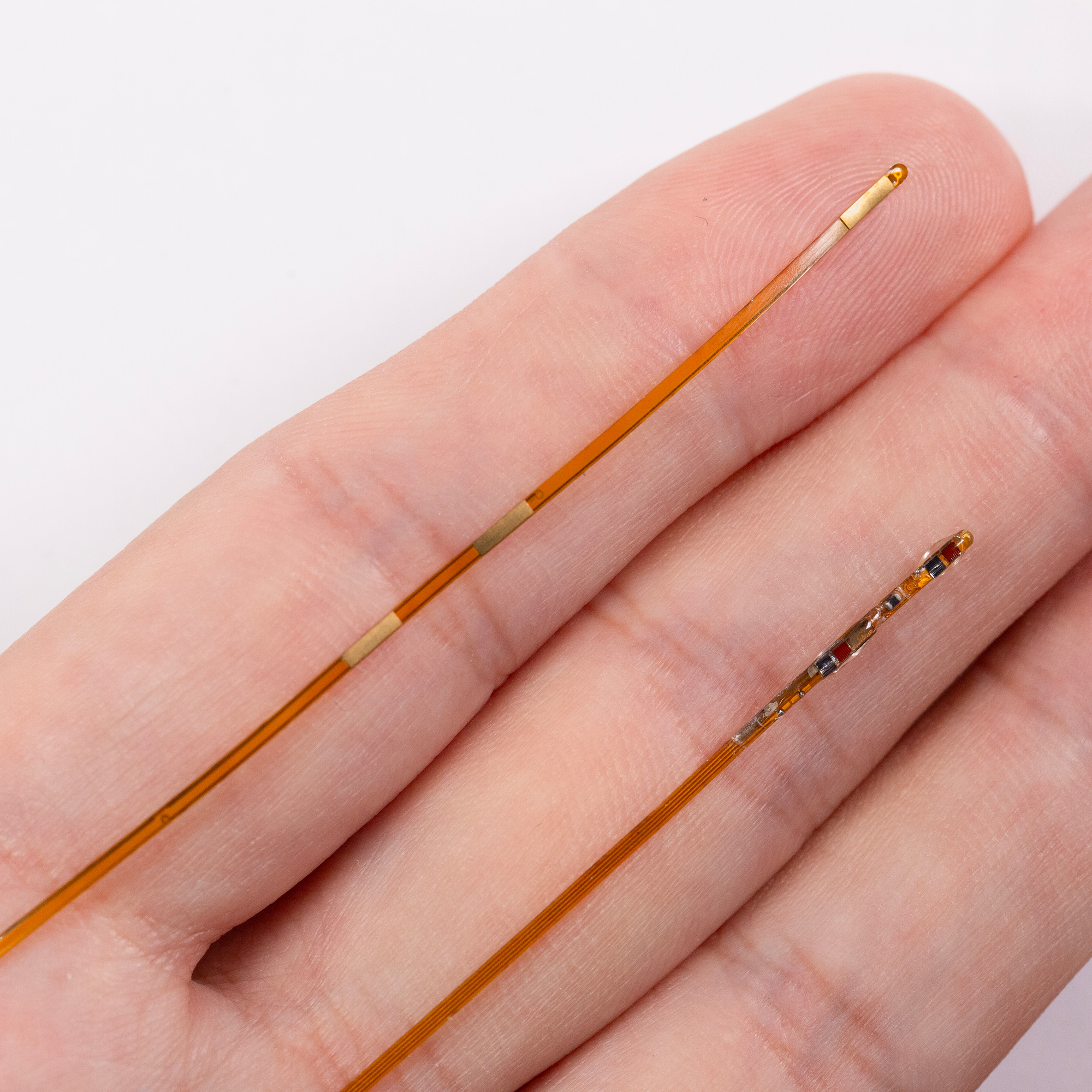Tag: Pediatrics
-

First-Of-Its-Kind Probe Monitors Fetal Health in Utero During Surgery
Northwestern University researchers have developed the first device that can continuously track a fetus’s vital signs while still in the uterus — a feat that previously has not been possible.
-

Evaluating Treatment of Heart Defects in Preterm Infants
Early pharmacologic treatment of a common congenital heart defect did not improve survival outcomes compared to expectant management in preterm infants, according to a recent clinical trial published in JAMA.
-

Experimental Drug Shows Promise for Rare Genetic Disorder
A new experimental therapy has shown encouraging results in treating a rare and progressive lysosomal storage disorder, according to findings from a multi-year clinical trial published in the New England Journal of Medicine.
-

Preventing Lung Disease in Preterm Babies
A multicenter clinical trial found that intratracheal steroids do not reduce the risk of lung disease or death in extremely preterm infants, according to the study published in JAMA.
-

Mapping How Children Receive Emergency Care in the U.S.
A Northwestern Medicine-led study has established the first pediatric-specific atlas of acute care regions across the United States, offering the clearest picture of how children access emergency and inpatient services to date, according to the study published in JAMA Pediatrics.
-

Study Identifies Gene Linked to Rare Ciliopathy Disorders
A Northwestern Medicine-led study has identified mutations in the gene CEP76 as a new cause of ciliopathies, shedding light on a complex group of disorders that affect multiple body systems, according to a study published in Science Advances.
-

AI Models Predict Sepsis in Children, May Enable Preemptive Care
Northwestern scientists have developed and validated AI models that accurately identify children at high risk for sepsis within 48 hours, so they can receive early preemptive care.
-

Smith Honored with NIH New Innovator Award
Richard Smith, PhD, assistant professor of Pharmacology and of Pediatrics, has received the National Institutes of Health (NIH) Director’s New Innovator Award, which supports early-career investigators conducting high-risk and innovative research in the biomedical, behavioral or social sciences.
-

Childhood Blood Pressure Holds Clues for Lifelong Heart Health
Blood pressure measured as early as age seven can predict cardiovascular mortality decades later, according to a new Northwestern Medicine study published in JAMA.
-

Timely Pain Treatment Linked to Reduced Hospitalizations for Children with Sickle Cell Disease
A new study has found that prompt administration of opioid pain relief in emergency departments reduces the likelihood of hospitalization for children with sickle cell disease, according to findings published in JAMA Pediatrics.






